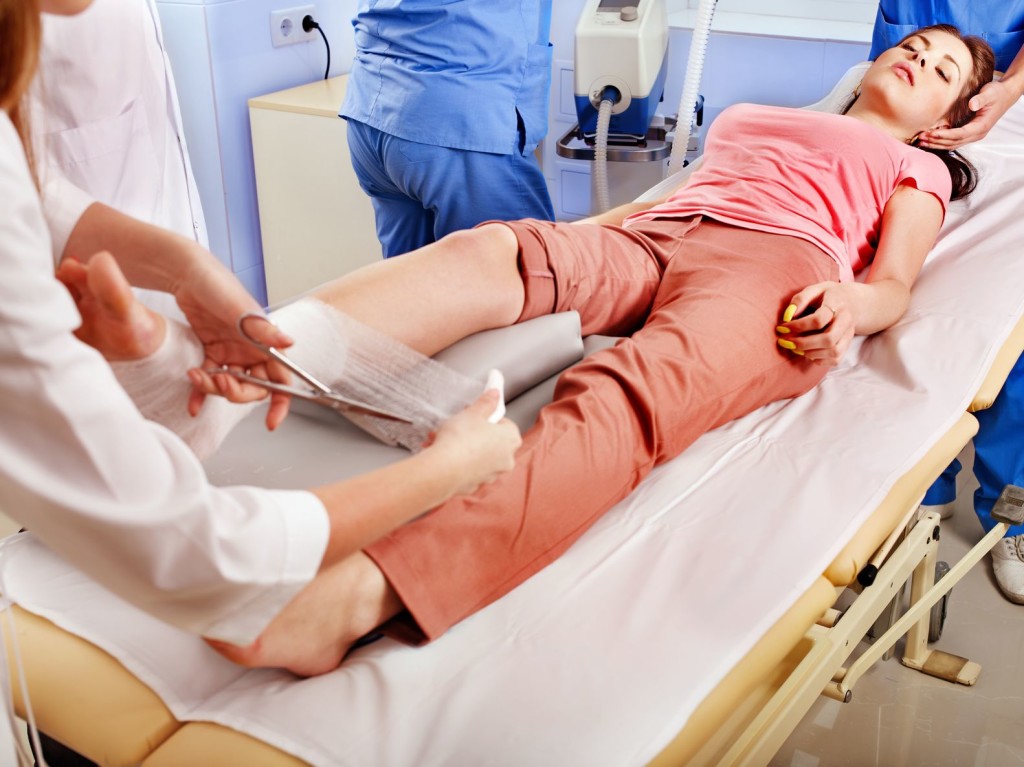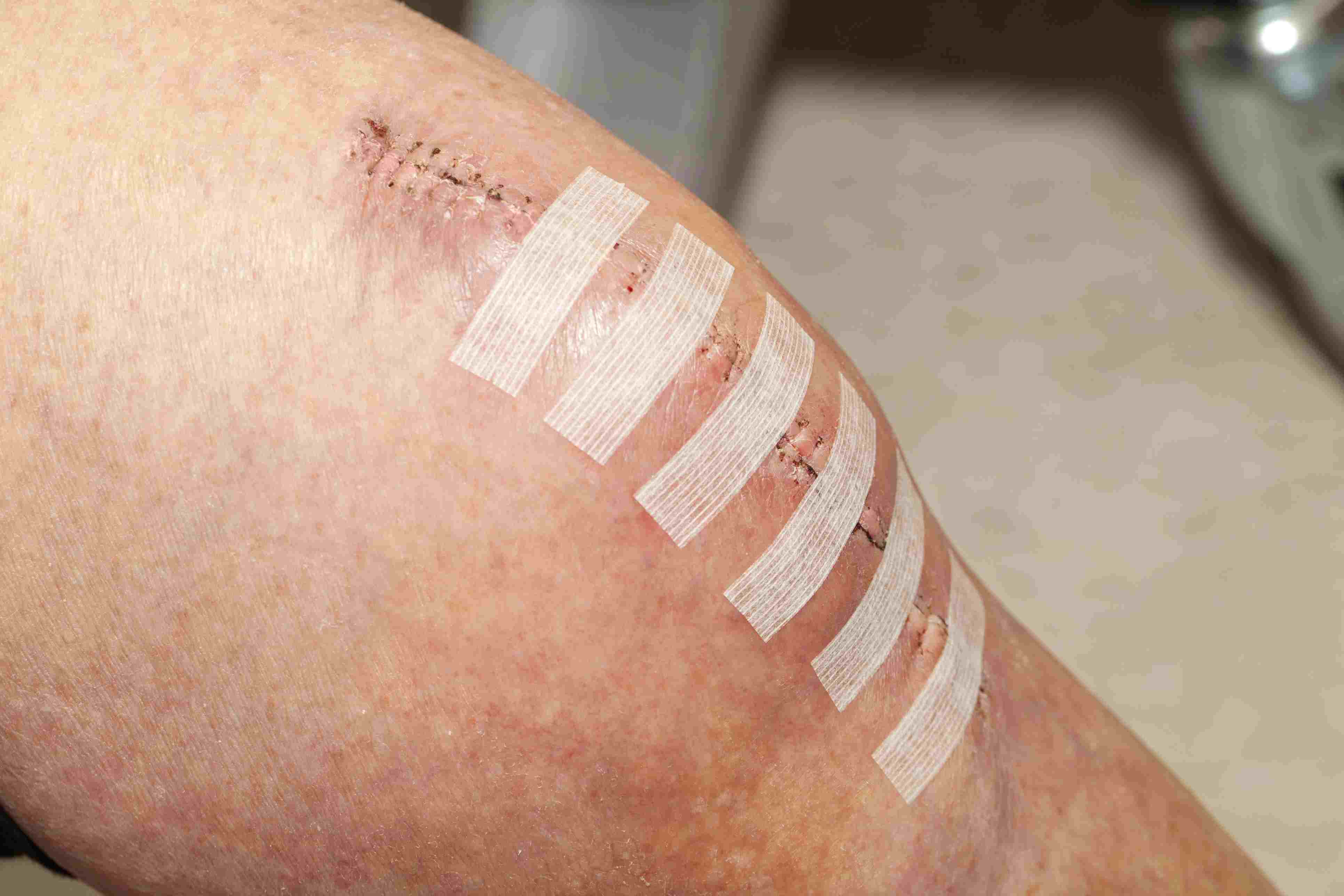Once you are back home after surgery, it is vital to care for your incision wound correctly to prevent painful infections and to ensure that the incision site is healing as fast as possible. An infection can be a terrible set-back after even a small surgery as it will delay your recovery period significantly. Discover how to correctly care for your wound after surgery in this informative wound care guide.
When To Remove The Bandage

It is crucial to follow your doctor’s instructions on when to remove the bandage. However, even though most wounds do not require a bandage a few days after surgery, it is a great idea to remove and recover the wound site with a clean bandage because it can help protect the area from infections and potential injuries. This may result in faster healing.
If you opt to change the bandage rather than remove it and leave the wound area unprotected, it is vital to change the bandage daily for a clean bandage. When changing the bandage, ensure that your hands are clean by washing them with soap and water.
Keeping The Wound Site Clean
Part of wound care after surgery includes keeping the wound site clean. This will help to prevent painful infections that can lead to complications. You will need to use a soft cloth or an alternatively a gauze pad to clean around the incision site without irritating the wound. Start by soaking the clean cloth or the gauze pad in a sterile saline solution and proceed to gently dab or wipe around the wound.
Avoid using skin cleansers, any kind of antibacterial soaps, alcohol solutions, and iodine because they can cause skin damage that will delay healing. Additionally, do not apply any creams and lotions to the area as this may result in an infection. Remember to pat or dab the area until completely dry. A wet or damp wound will not heal as it should.
Sponge Bath Or Shower

In the first 24 hours after your surgery, you will need to keep the wound area as dry as possible. This means that you should rather skip a bath or a shower, although, a sponge bath is fine granted you do not get the incision site wet. After the initial 24 hours, you should rather opt for showers instead of bathing because you should not be soaking the wound area as this will greatly delay the healing process. A quick shower or a sponge bath is advised after your doctor has confirmed the safety. It is also a great idea to use a Tegaderm dressing to cover the wound site to ensure that a quick shower will not affect ideal wound healing. A Tegaderm dressing is a transparent film dressing that is breathable and waterproof.
Avoiding using soaps and bath products directly on the wound site during healing and ensure that you pat the area dry after showering to avoid infections.
Keep The Wound Protected From Sunlight
It is best to keep your wound protected from the sun for at least 6 months after your surgery. This is because sunburn can darken the healing skin and result in a more noticeable scar. Initially, it is best to simply cover the area with suitable clothing when out in the sun. After the wound has healed, applying sunscreen can help protect the skin from noticeable scarring.
When To Call Your Doctor

Avoiding infection is vital for wound care and it is vital to contact your doctor at the first signs of infection to prevent skin damage and serious complications. Changing the bandages, keeping the area around the wound clean, and using a Tegaderm dressing while showering are all effective precautions for preventing infection, although, infections can also arise from physical strain, bacteria, and injury on the wound site, which is why it is crucial to contact your doctor immediately if you experience worsening pain. Other symptoms of an infection include swelling and redness, a bleeding wound, oozing pus, an increase in wound drainage that can be green, tan, or yellow in color, a foul odor, a high temperature, and a wound that appears larger, darker, or deeper.
If you are experiencing any of these symptoms, your doctor will need to treat the wound area and the infection with antibiotic ointments and depending on the severity of the infection, you may be prescribed antibiotic tablets.

